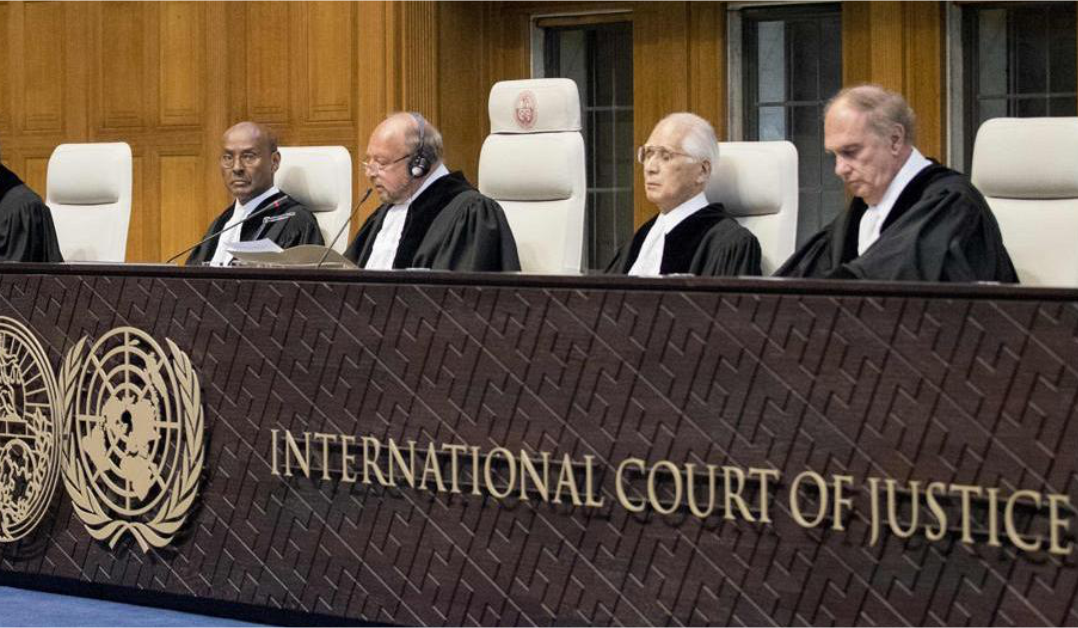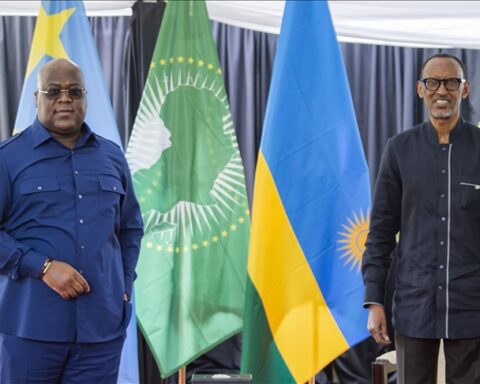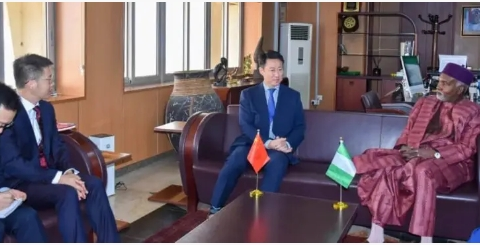The International Court of Justice (ICJ) has started hearing on Israel’s continuing severe restrictions on the work of the UN and other international organizations in Gaza.
The ICJ, which sits in The Hague and is the UN’s top court, is expected to hear from 40 states and four international organizations in proceedings slated to last all week.
Representing Secretary-General Antonio Guterres, UN legal counsel Ms Elinor Hammarskjöld reiterated Guterres’ many calls for a ceasefire, for humanitarian aid to reach all people in need,d and for all hostages to be freed.
A total of 13 UN entities are present in Gaza, Hammarskjöld noted, adding that 295 UN personnel have died in Gaza since the war began on 7 October 2023, following the Hamas-led terror attacks in southern Israel.
The UN legal counsel insisted on the special protections and immunities of UN agencies and personnel needed to implement its mandated activities all over the world, including in the said territories.
These protections also apply during armed conflict, Ms. Hammarskjöld said, before highlighting Israel’s obligations as the occupying power under international law.
“The overarching obligation is to administer the territory for the benefit of the local population and “to agree to and facilitate relief schemes.
“In the specific context of the current situation, these obligations entail allowing and facilitating all relevant UN entities to carry out those activities for the benefit of the local population,” she said.
The purpose of the hearings at the ICJ all this week is to establish what’s known as an “advisory opinion” on Israel’s obligations as the occupying power in Gaza and the wider territory, by the UN Charter.
It follows a meeting of the UN General Assembly in December,r where Member States voted 137 to 12 to seek the view of the ICJ’s 15 judges amid ongoing Israeli bombardment and dramatic aid shortages across Gaza.
The ICJ judges’ advisory opinion is not binding as opposed to the legal disputes between countries on which it rules (so-called “contentious cases”)
It, however, provides clarity on legal questions.
Once the court has issued its opinion, the General Assembly would be open to pick up the matter again and decide on further action.
Welcoming the hearings, the head of the UN Agency for Palestine Refugees (UNRWA), Philippe Lazzarini, insisted that aid agencies were working “to address overwhelming needs.”
The UNRWA Commissioner-General explained that the Israeli Parliament’s widely condemned “no-contact” policy banning any coordination with UNRWA officials had obstructed the delivery of essential relief services and aid.
The move is particularly significant because UNRWA is the largest aid agency in Gaza, where it has provided health, education,n, and other vital public services for decades.
But since these restrictions came into effect at the end of January, UNRWA international staff have not received visas to enter Israel, Lazzarini said.
Inside Gaza, meanwhile, ordinary Gazans continue to face desperate food shortages linked to the 2 March decision by Israel to seal the enclave’s borders.
“Today people are not surviving in Gaz; those that aren’t being killed with bombs and bullets are slowly dying,” Jonathan Whittall, local Head of Office for the UN aid coordination wing, OCH, said.
He insisted that humanitarian agencies were unable to meet soaring needs following Israel’s decision to cut all commercial and relief supplies.
“People here are being suffocated. What we see around us is endless suffering under a total and complete blockade. a
“It is a total closure that’s now lasted for almost two months while airstrike and ground operations are intensifying and displacement orders that are pushing people out of their homes are increasing,” he said.
Follow us on all social media platforms @dailyquery for news and analyses around the globe.



























